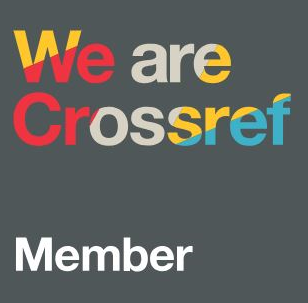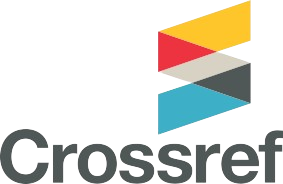The Myth of the Ethical Consumer: A Critical Analysis for Ethical Consumerism
DOI:
https://doi.org/10.62103/unilak.eajst.10.10.134Keywords:
Attitude, Ethical consumerism, Ethical productsAbstract
Consumption engages people every day. Literature suggests that consumers seek out products that satisfy their needs, at the lowest possible cost. However, some consumers appear to be selecting products, sometimes at higher costs, because they are not causing harm to their body or the environment, or because producers are receiving fair price for their goods, or because they are grown or made locally. However, despite embracing the values of ethical consumers' choices upon the environment, animals and the society, literature proves that, this does not automatically turn into purchaser buying behaviour. This is a big concern for companies because they are increasingly finding that there exists a gap between what ethical consumer’s say they are going to do and what they actually do at the point of purchase. This paper reviews literature on ethical buying behaviour and proposes a model of how the formative stage and the decision making stage interplay to form the ethical buying behaviour in the presence of motive (i.e., feel good & do good), personal variables (i.e. individualistic, involved & empowered, independent, informed), and intervening variables (i.e. inhibiting & influencing/facilitating variables). The proposed holistic conceptual model addresses significant limitations within the ethical consumerism literature, and brings light to the understanding of ethical consumer behaviour; particularly the intention– behaviour gap. The study gives necessarily ideas and tactical direction for businesses managers and marketing managers with an endeavour to close the intention– behaviour gap of the ethical consumers.








